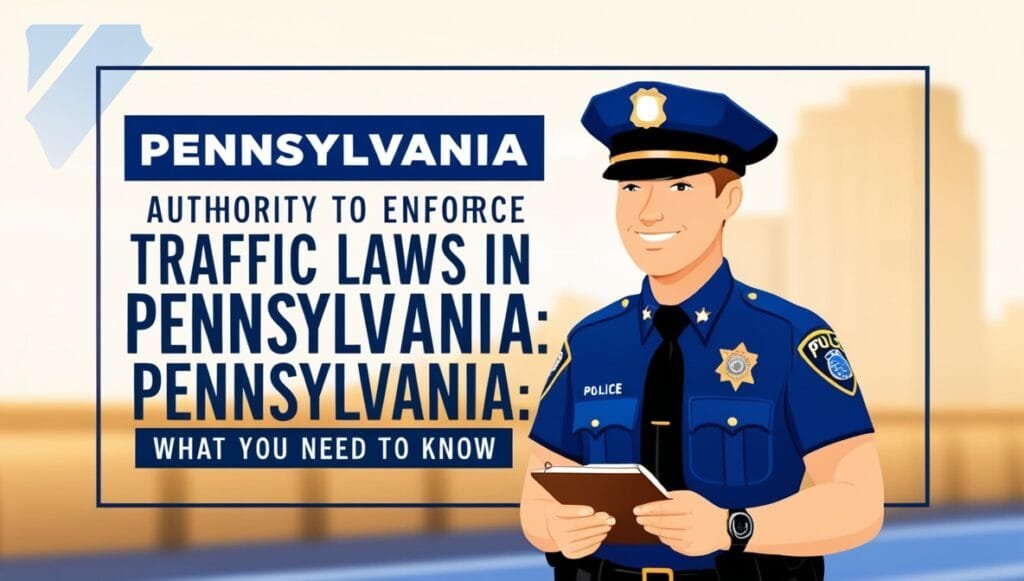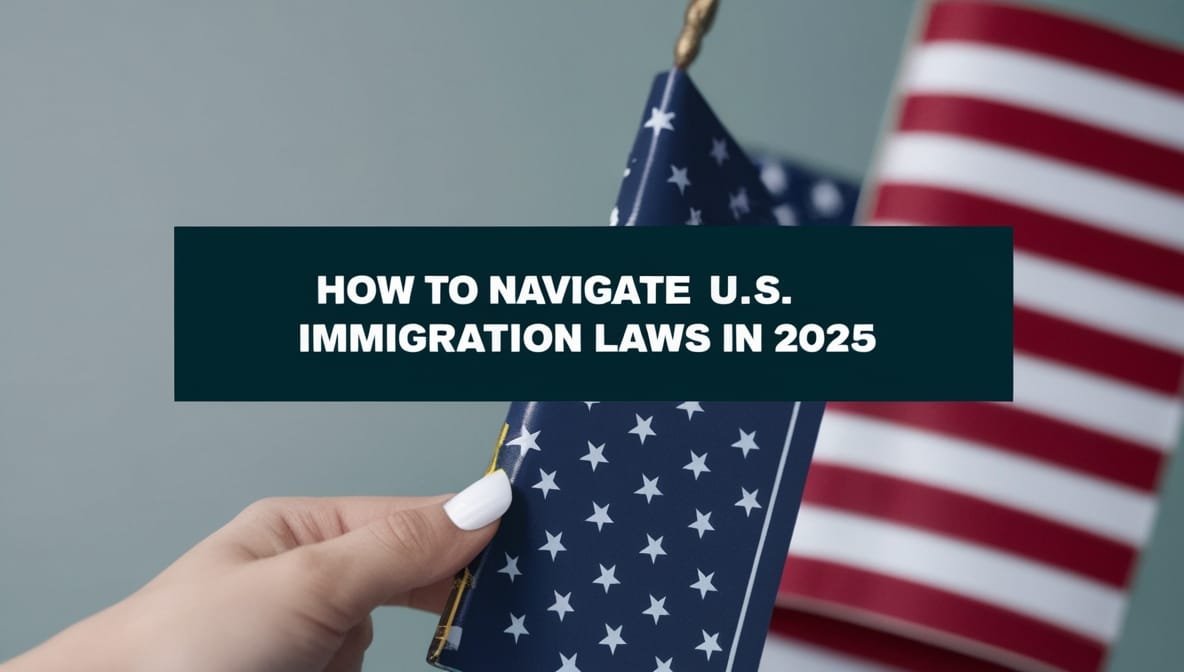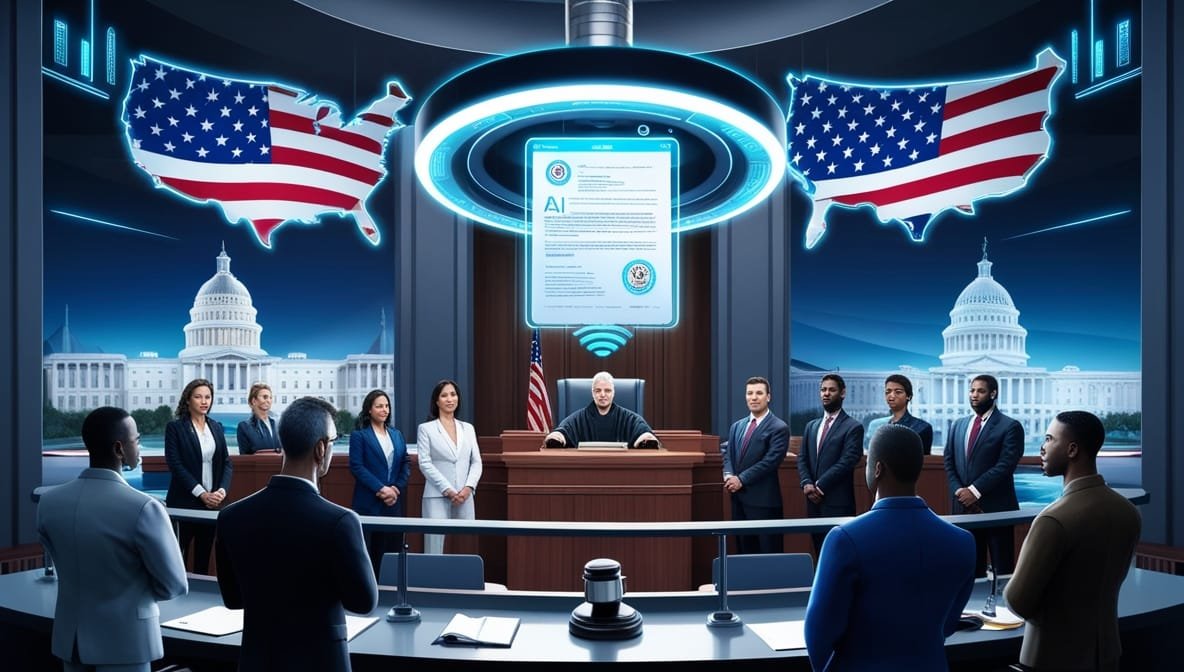Police Authority to Enforce Traffic Laws in Pennsylvania : Pennsylvania law enforcement officers have broad authority to enforce traffic laws and ensure road safety. Understanding the scope of this authority can help drivers navigate their rights and responsibilities on the road. This article explores the extent of police powers in traffic law enforcement in the Keystone State.
Pennsylvania Police Traffic Enforcement Powers
Pennsylvania police officers have the authority to:
- Enforce state and local traffic laws
- Conduct traffic stops for suspected violations
- Issue citations and make arrests for traffic offenses
- Perform sobriety checks and DUI investigations
- Direct traffic and manage road safety
Also Read – Purcellville VA Introduces New Traffic Law to Combat Distracted Driving
Key Aspects of Police Traffic Enforcement Authority
- Statewide Jurisdiction: Pennsylvania State Police have authority to enforce traffic laws throughout the commonwealth1.
- Local Police Powers: Municipal police departments have traffic enforcement authority within their jurisdictions1.
- Traffic Stops: Officers can stop vehicles for observed violations or reasonable suspicion of criminal activity.
- Citation Authority: Police can issue citations for traffic infractions, which may require court appearances or payment of fines.
- Arrest Powers: For certain serious traffic offenses, such as DUI, police have the authority to make arrests.
- Equipment Checks: Officers can conduct vehicle safety inspections during traffic stops to ensure compliance with state regulations.
Limitations on Police Authority

While Pennsylvania police have significant authority in traffic law enforcement, there are some limitations:
- Constitutional Protections: Officers must respect Fourth Amendment rights against unreasonable searches and seizures.
- Probable Cause: Traffic stops and searches generally require probable cause or reasonable suspicion.
- Jurisdictional Boundaries: Local police typically have enforcement authority only within their municipality, unless in hot pursuit or by mutual aid agreement.
Conclusion
Pennsylvania police officers possess extensive authority to enforce traffic laws, conduct stops, and issue citations. However, this authority is balanced by constitutional protections and legal requirements for probable cause. Drivers should be aware of their rights while respecting the role of law enforcement in maintaining road safety.By understanding the scope of police authority in traffic law enforcement, Pennsylvania drivers can better navigate their interactions with law enforcement and contribute to safer roads for all.
People Also Ask For Police Authority to Enforce Traffic Laws in Pennsylvania
Can police in Pennsylvania pull you over without probable cause?
No, police in Pennsylvania must have reasonable suspicion or probable cause to initiate a traffic stop. This can include observing a traffic violation or suspicious behavior.
Do Pennsylvania police have jurisdiction on private property?
Generally, Pennsylvania police can enforce traffic laws on public roads and highways. However, they may have limited authority on private property, depending on the specific circumstances and local ordinances.
Can you refuse a field sobriety test in Pennsylvania?
Yes, you can refuse a field sobriety test in Pennsylvania. However, refusing a chemical test (breathalyzer or blood test) can result in automatic license suspension under the state’s implied consent law.
Official Website For Know More – Click Here






